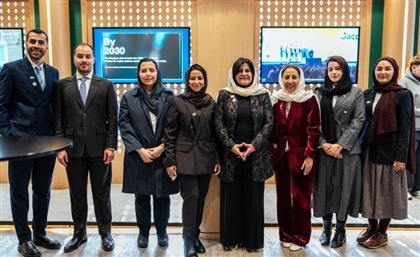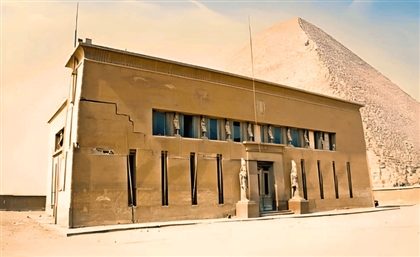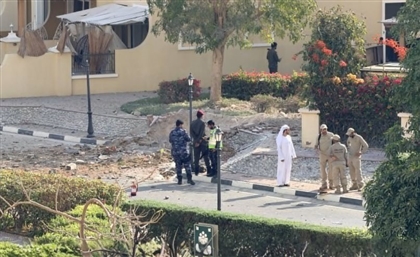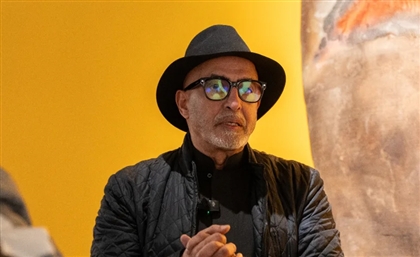Saudi Arabia Has More WHO Healthy Cities Than Anywhere Else in MENA
Accreditation requires meeting 80 international standards across nine areas including urban environment emergency preparedness education and community participation.
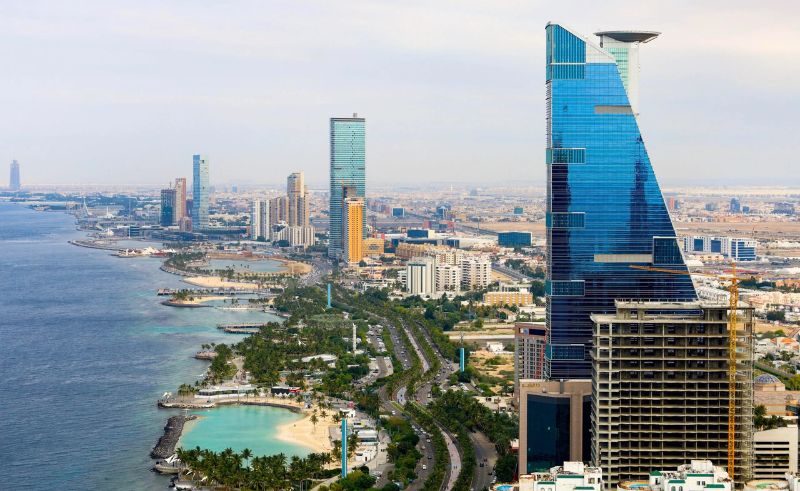
Saudi Arabia now has 16 World Health Organization–accredited Healthy Cities — the highest number in the Eastern Mediterranean and North Africa region. The expansion follows coordinated efforts under the Ministry of Health’s Healthy Cities Programme, in partnership with the Ministerial Committee for Health in All Policies and various government entities.
Minister of Health Fahad Al Jalajel noted that the initiative places human health at the foundation of urban development and reinforces prevention, aligning with the Quality of Life Programme and the Health Sector Transformation Programme under Vision 2030. Priorities include empowering individuals to take an active role in their own health.
Saudi Arabia’s Healthy Cities Programme is also the first WHO Collaborating Centre for Healthy Cities in the region and the fourth globally. Working with government agencies, it promotes healthy urban planning, community participation, and resident-led initiatives - framing health as an everyday practice supported by thoughtful city design for both physical and mental well-being.
To earn WHO Healthy City accreditation, each city must meet 80 international standards across nine areas, including community mobilisation, intersectoral partnerships, data and capacity building, urban environmental health (covering water, sanitation, food safety, and air quality), emergency preparedness, education and literacy, and microcredit initiatives for development.
- Previous Article Cinematic Season Style Guide with GFF's Salma Malhas & Hayat Aljowaily
- Next Article Inside Egypt’s Seven UNESCO World Heritage Sites








